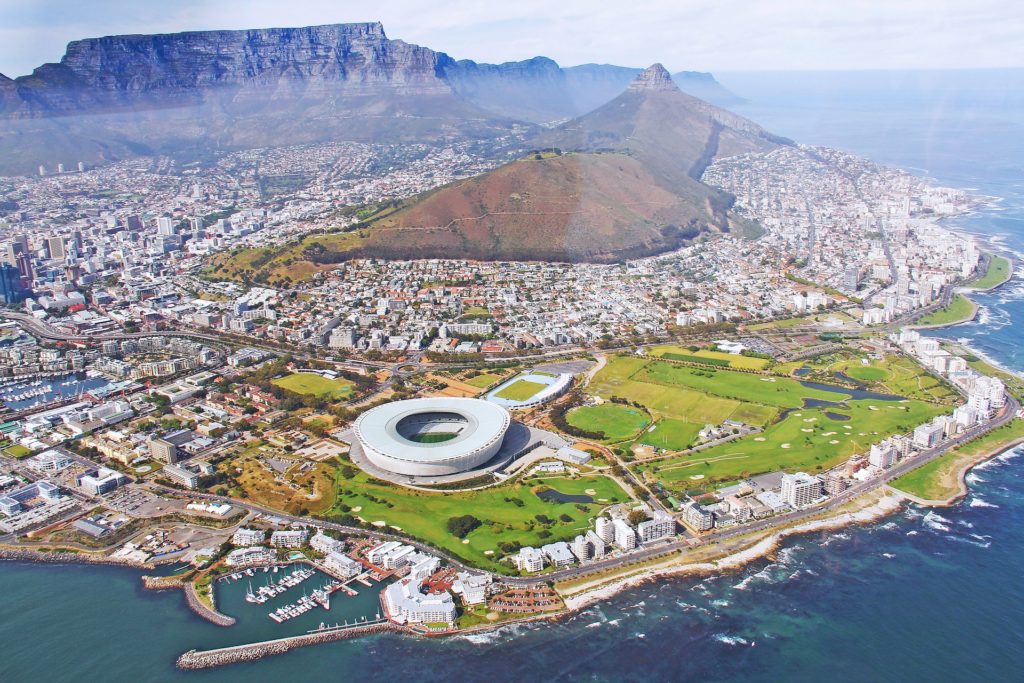Riyaz Patel
A new UN report says foreign direct Investment (FDI) flows to Africa rose by 3% to $49-billion, with South Africa consolidating the recovery it recorded in 2018, when inflows more than doubled from $2-billion to $5.3-billion.
The United Nations Conference on Trade and Development’s (UNCTAD) latest Global Investment Trends Monitor, said South Africa recorded inflows of $5-billion last year, while Egypt remained the continent’s largest FDI recipient, with inflows of $8.5-billion.
Investments into Africa’s largest economy, Nigeria, surged by 71% to $3.4-billion.

The report states that, in addition to intra-company transfers by investors, investment into South Africa was led by mergers and acquisitions in business services and petroleum refining.
FDI to Southern Africa as a whole increased by 37% to $5.5-billion mainly as a result of a slowdown in net divestment from Angola.
FDI flows to East Africa remained steady at $8.8-billion, but flows to Ethiopia, Africa’s fastest-growing economy, slowed down by a quarter to $2.5-billion.
Flows to West Africa increased by 17% to an estimated $11-billion, while the 5% rise in FDI flows to Egypt, were insufficient to offset an 11% fall, to $14-billion, in overall FDI to North Africa.
Investment flows into SA comes against a backdrop of concerted push by President Cyril Ramaphosa to boost investments in what has been a chronically poor-performing economy since the global economic crisis of 2008.
Pretoria is unlikely to have expanded by better than 1% in 2018 and the outlook for 2019 remains subdued, owing to ongoing policy uncertainty, the energy crisis, corruption, and fiscal imbalances, which are weighing heavily on investor and consumer confidence.
Ramaphosa announced in 2018 that South Africa was aiming to attract direct investments of $100-billion over the five-year period to 2023, which, using 2018 exchange rates, translated to investments of R1.2-trillion.
In November, investment commitments worth R363-billion were made by domestic and foreign firms at the second South African Investment Conference, eclipsing the 2018 figure by some 17%.
Nevertheless, the slow pace of reform in the energy, water, transport and telecommunications sectors, together with uncertainty in the tourism and mining sectors and serious governance and the financial malaise across most of the country’s State-owned companies is undermining higher levels of investment.
Ramaphosa told delegates to the recent Business Economic Indaba 2020 that government remained committed to clearing the obstacles to investment, while Finance Minister Tito Mboweni indicated days later that South Africa had “no choice but to remain steadfast in implementing operational and governance reforms in all the State-owned enterprises (SOEs).”
“The pressures and risks that SOEs, particularly Eskom, pose to the South African economy, cannot be overstated,” Mboweni said.
It estimates that global FDI remained flat, at $1.39-trillion, in 2019, representing a 1% decline from a revised $1.41-trillion recorded in 2018.

